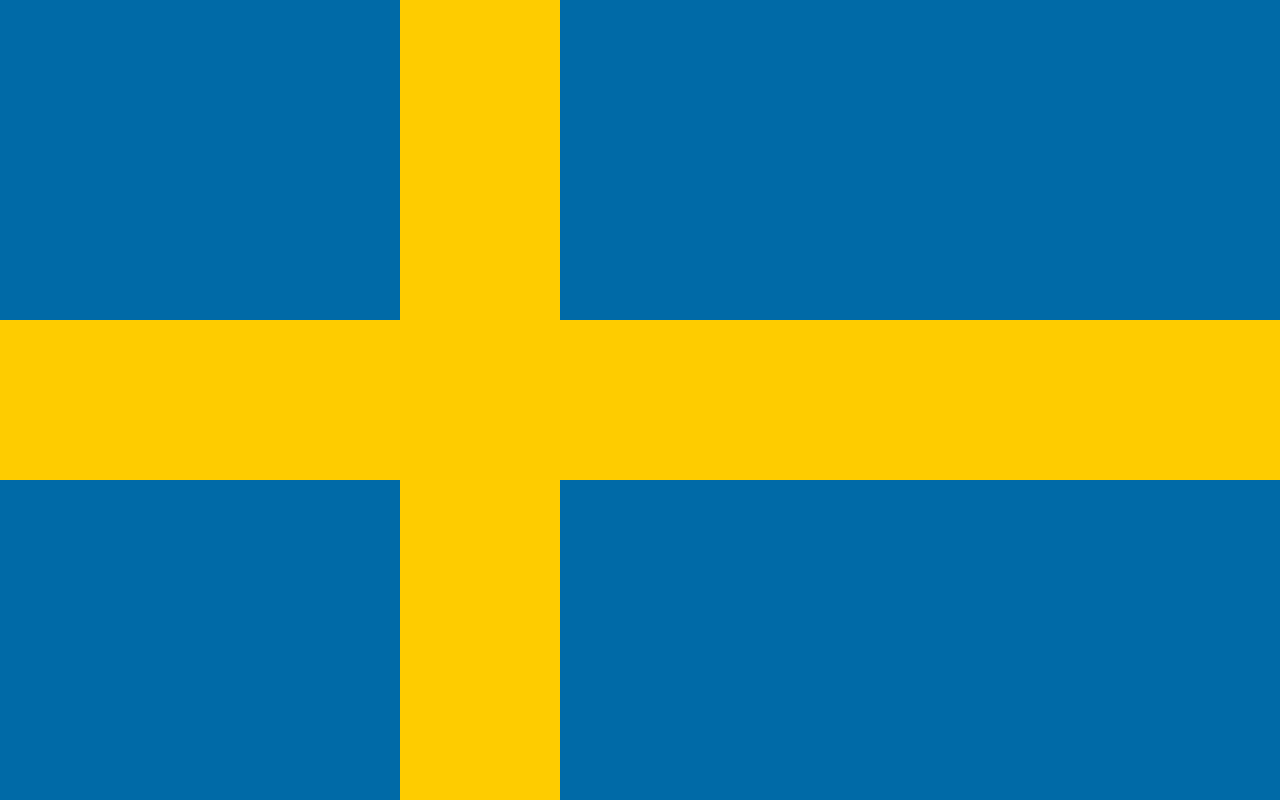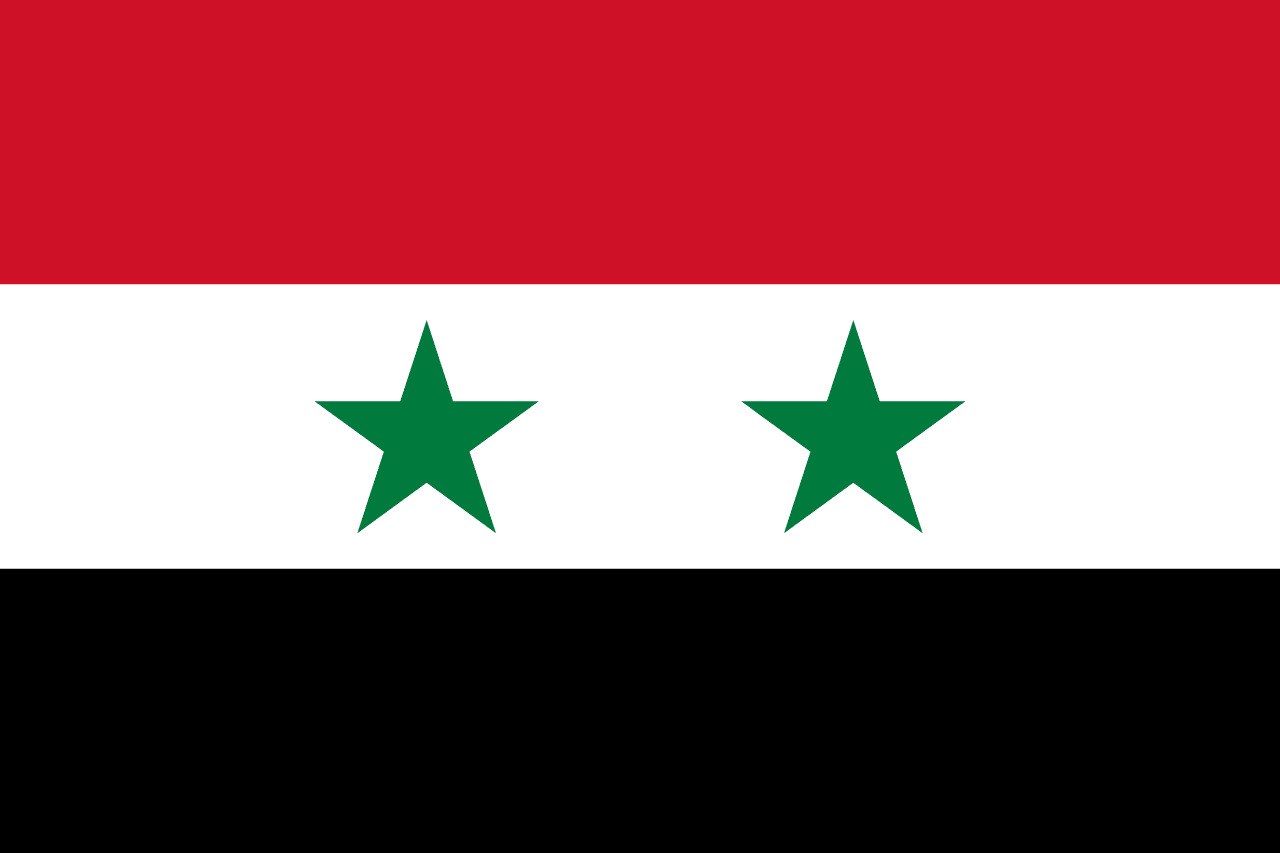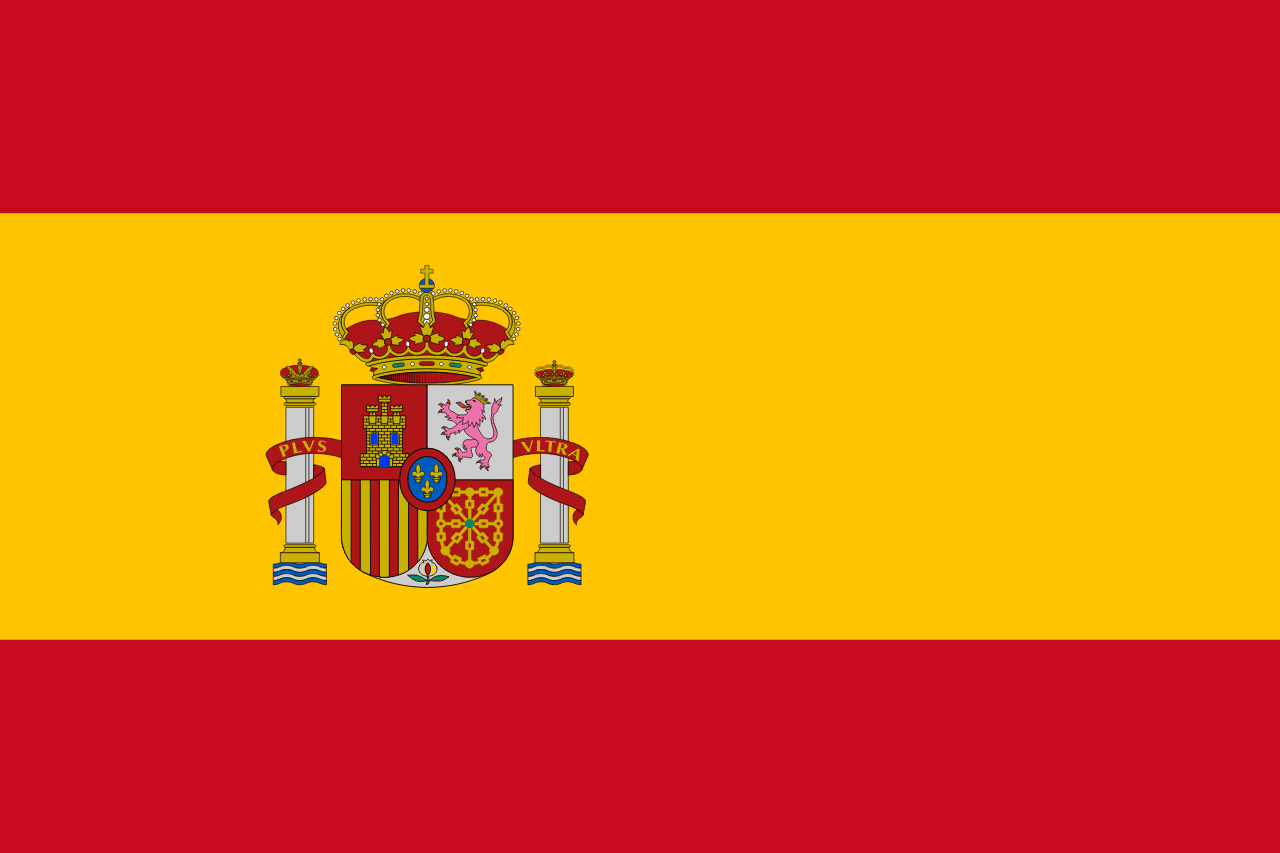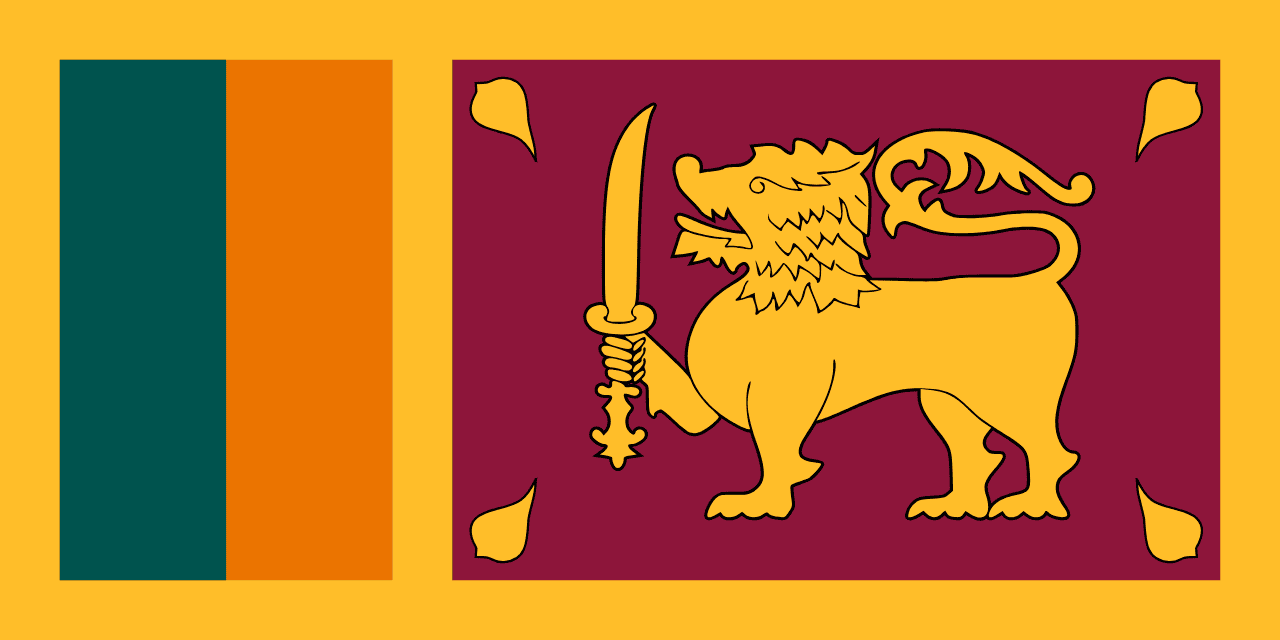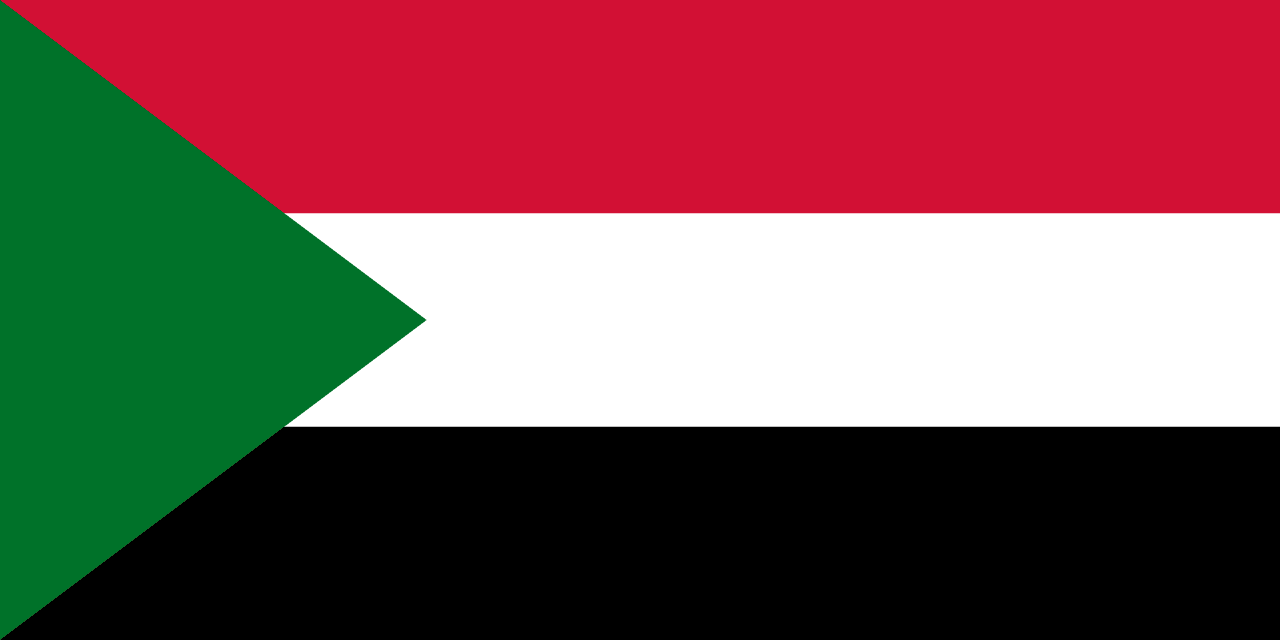The flag of Suriname consists of five horizontal stripes of green, white, red, white, and green, with a yellow five-pointed star in the center. This vibrant design reflects Suriname's rich cultural diversity, natural resources, and aspirations for the future.
Suriname information
| National Flag Day | November 25 |
| Sovereign state | Yes |
| Official name | Republic of Suriname |
| Capital | Paramaribo |
| Population | 563,402 |
| Area | 163,820 km² |
| Currency | Surinamese dollar (SRD) |
| Language | Dutch, Sranan Tongo |
| Continent | South America |
| Region | South America |
| Subregion | — |
| Borders | French Guiana, Guyana, Brazil |
| Timezone | Suriname Time (SRT) UTC-3 |
| Calling code | +597 |
| Top-level domain | .sr |
History of the Surinamese flag
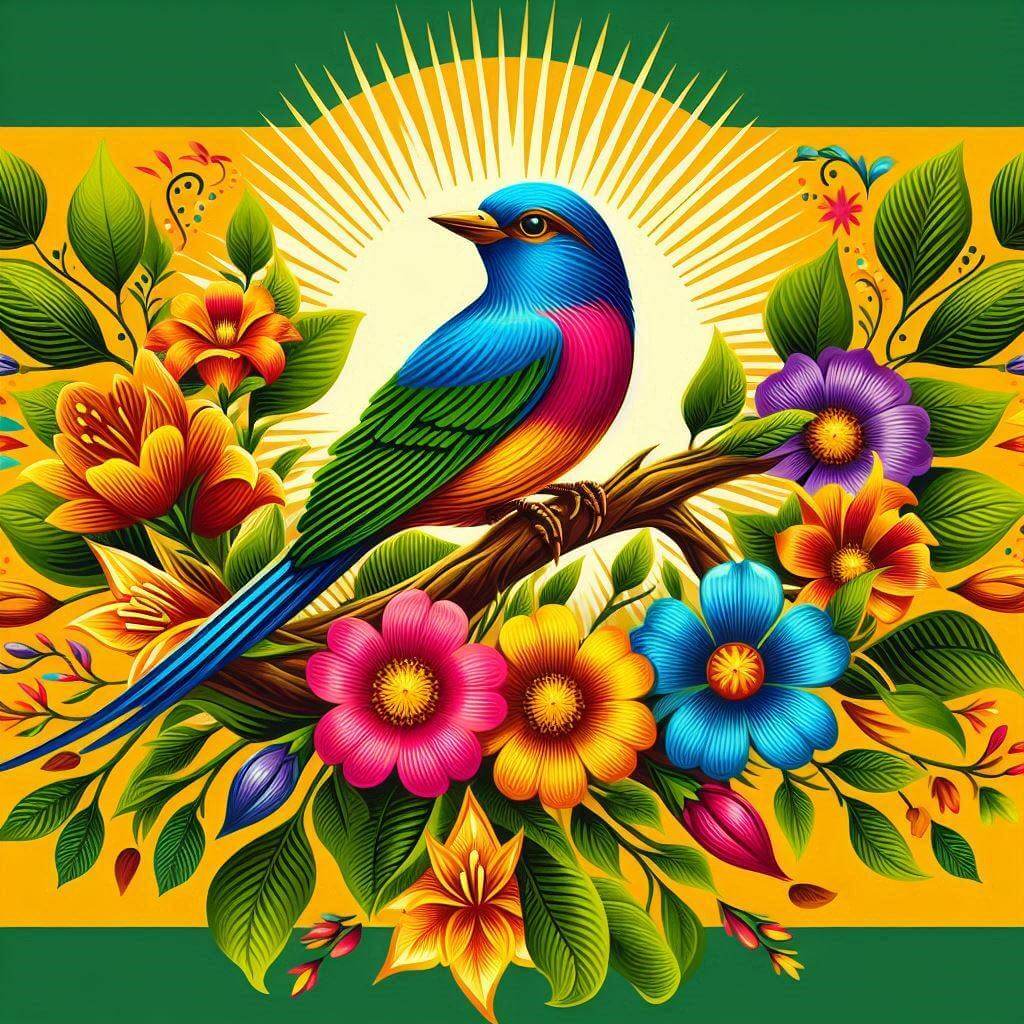 The current flag of Suriname was officially adopted on November 25, 1975, coinciding with the country's independence from the Netherlands. The design was created by Jacques Herman Pinas, a local artist, and was chosen through a national contest to represent the new nation's identity and values.
The current flag of Suriname was officially adopted on November 25, 1975, coinciding with the country's independence from the Netherlands. The design was created by Jacques Herman Pinas, a local artist, and was chosen through a national contest to represent the new nation's identity and values.
Symbolism and design of the Surinamese flag
Each element of the Surinamese flag carries deep symbolic meaning:
- The green stripes represent the lush vegetation and fertile agricultural lands of Suriname, symbolizing hope and prosperity.
- The white stripes symbolize justice and freedom, fundamental principles for the nation's development.
- The red stripe in the center represents progress and the love for the country and its people. It also symbolizes the determination to build and develop the nation.
- The yellow five-pointed star in the center represents unity among Suriname's diverse ethnic groups and the golden future the country strives for.
Usage and significance of the Surinamese flag
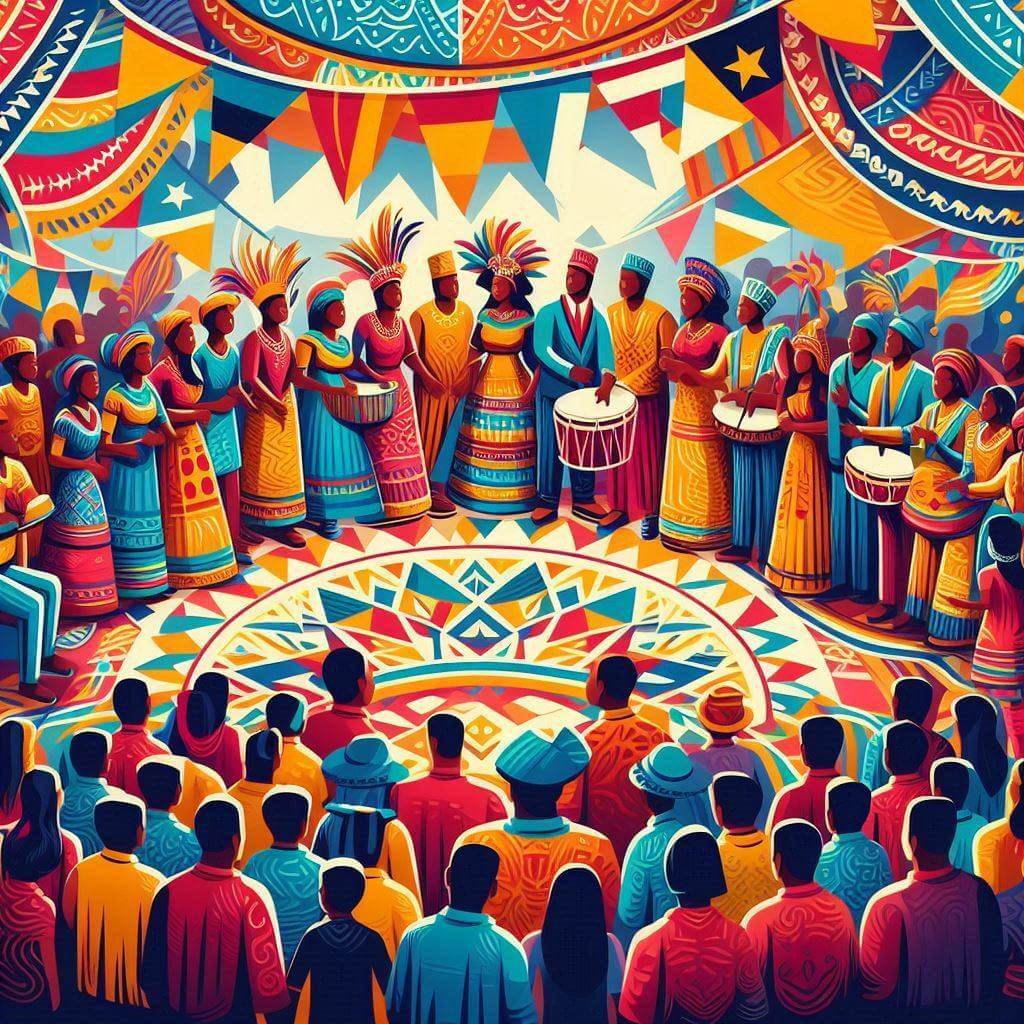 The flag of Suriname is a powerful symbol of national identity and unity. It is prominently displayed on government buildings, schools, and during national celebrations such as Independence Day on November 25. The flag represents Suriname in international forums and sporting events, symbolizing the country's sovereignty and its commitment to progress and cultural diversity.
The flag of Suriname is a powerful symbol of national identity and unity. It is prominently displayed on government buildings, schools, and during national celebrations such as Independence Day on November 25. The flag represents Suriname in international forums and sporting events, symbolizing the country's sovereignty and its commitment to progress and cultural diversity.
Interesting facts about the Surinamese flag
- Suriname is the smallest independent country in South America and is known for its incredible biodiversity and multicultural society.
- The flag's design was chosen to represent all ethnic groups in Suriname, promoting unity in diversity.
- Prior to independence, Suriname used a flag with five colored stars representing the major ethnic groups of the country.
- The colors of the Surinamese flag are often used in traditional clothing and cultural celebrations, reinforcing national identity.
